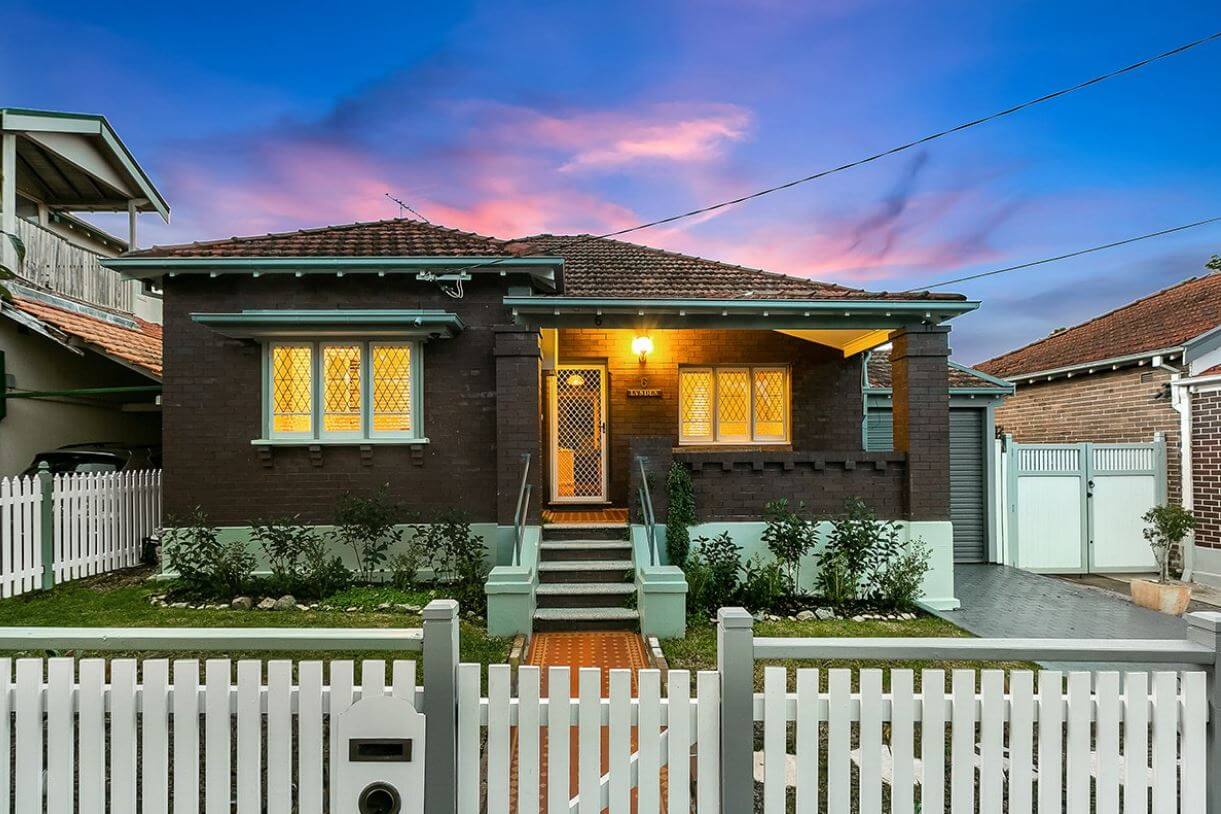Insights —
with vision

Tuesday, 30th May 2023
Residential Property Management: A Guide For Investors 2023
Residential property management can be complex and challenging, but with the right knowledge and approach, it can also be a highly profitable and worthwhile investment. Whether you are a seasoned landlord or just starting out, this article will assist you with the success and stability of your rental properties.
This article is designed to provide future investors with a quick overview of the residential property management process, from finding and screening tenants to maintaining and improving properties, and everything in between.

Introduction to Residential Property Management
Property management is the process of managing residential properties to maximize their value, reduce costs, and improve their cash flow. It includes a wide range of activities from finding and screening tenants, to collecting rent, to addressing tenant complaints and maintenance issues. As a landlord, you will be responsible for ensuring the property is safe and habitable for tenants, as well as making sure all laws and regulations are followed.
Property management is also about providing a good customer experience for tenants. This includes creating a welcoming environment, responding promptly to requests and complaints, and offering a range of amenities and services. Successful property management requires a combination of knowledge, experience, and customer service skills.
The Key Components of Residential Property Management
Residential property management is the process of overseeing and maintaining rental properties. It encompasses a wide range of responsibilities, from finding and screening tenants to collecting rent, handling tenant complaints and maintenance issues, managing the property, and making improvements to increase its value. Understanding the key components of residential property management and its benefits is essential for anyone who owns rental properties.
Finding and screening tenants is a process involving the marketing of the property, collecting applications, conducting background and credit checks, and selecting the right tenant for the property. Finding the right tenant is crucial to ensure a smooth and stress-free experience for both the property owner and the tenant. A good tenant will take care of the property, pay rent on time, and renew their lease.
Collecting rent involves setting up rent collection systems, collecting payments, and handling late payments. Late rent payments can cause significant financial strain, so it’s essential to have clear and straightforward policies in place.
Maintaining tenant complaints and maintenance issues is a crucial aspect of residential property management. This involves responding to tenant requests and complaints, scheduling repairs and maintenance, whilst ensuring that all legal requirements are met.
Managing the property includes ensuring the property is safe and habitable for tenants, monitoring tenant compliance with the lease agreement and keep up to date with new laws and regulations.
Improving the property involves making improvements to the property that will enhance its value and appeal to tenants. Upgrades can include simple cosmetic improvements, such as fresh paint and new flooring, to more extensive renovations, such as adding a new bathroom or kitchen.
The main goal of property management is to ensure that the property is well maintained and in good condition in order to maximise the long term value of the property.
The key components include:
Sourcing and screening tenants: This include the marketing of the property to its fullest potential by using professional photographs, checking applications, managing background and credit checks in order to secure the right tenant for the property.
Collecting rent: This includes the maintenance of a rent collection system for rental payments and managing late payments.
Handling tenant complaints and maintenance issues: This includes timely responses to tenant requests and complaints, scheduling repairs and maintenance, all whilst adhering to and ensuring the legal requirements are met.
Managing the property: This includes ensuring the property is safe and habitable for tenants, monitoring tenant compliance with the lease agreements, and staying up to date with new laws and regulations.
Improving the property: This involves making improvements to the property that will increase the value and make it appealing to potential tenants.
Understanding the Benefits of Residential Property Management
There are several benefits to managing residential properties, including increased rental income, reduced costs, improved tenant satisfaction, long-term value, and professionalism.
Increased rental income is one of the benefits of residential property management. By properly managing the property, you can increase your rental income. This can be done by making improvements to the property, offering additional services and amenities, and keeping up with market rents.
Reduced costs are another benefit of residential property management. Being vigilant with maintenance issues and improvements will help reduce the costs associated with repairs and replacements, saving you money in the future, and improving the profitability of your investment.
Improved tenant satisfaction is another benefit of residential property management. By providing a good customer experience for tenants, you can increase tenant satisfaction and reduce the likelihood of tenant turnover. This can result in a more stable and profitable rental property.
Long-term value is another benefit of residential property management. By properly managing the property, you can ensure it maintains its value over the long term. This can help you to maximize your investment and ensure that your rental properties are profitable for years to come.
Professionalism is another benefit of residential property management. Professional property management can help you to establish a good reputation in the industry and attract high-quality tenants. A good reputation can lead to more referrals and help you to build a loyal tenant base, which can lead to long-term success in the rental property industry.
There are several benefits to managing residential properties, including:
- Increased rental income: By properly managing the property, you can increase your rental income. This can be done by making improvements to the property, offering additional services and amenities, and keeping up with market rents.
- Reduced costs: By staying on top of tenant complaints and maintenance issues, you can reduce costs associated with repairs and replacements.
- Improved tenant satisfaction: By providing a good customer experience for tenants, you can increase tenant satisfaction and reduce the likelihood of tenant turnover.
- Long-term value: By properly managing the property, you can ensure it maintains its value over the long term.
- Professionalism: Professional property management can help you to establish a good reputation in the industry and attract high-quality tenants.
I leave you with this thought – Are you seeking a Property Manager to manage your property or are you seeking a Property Manager to Manage and Maximise your investment?